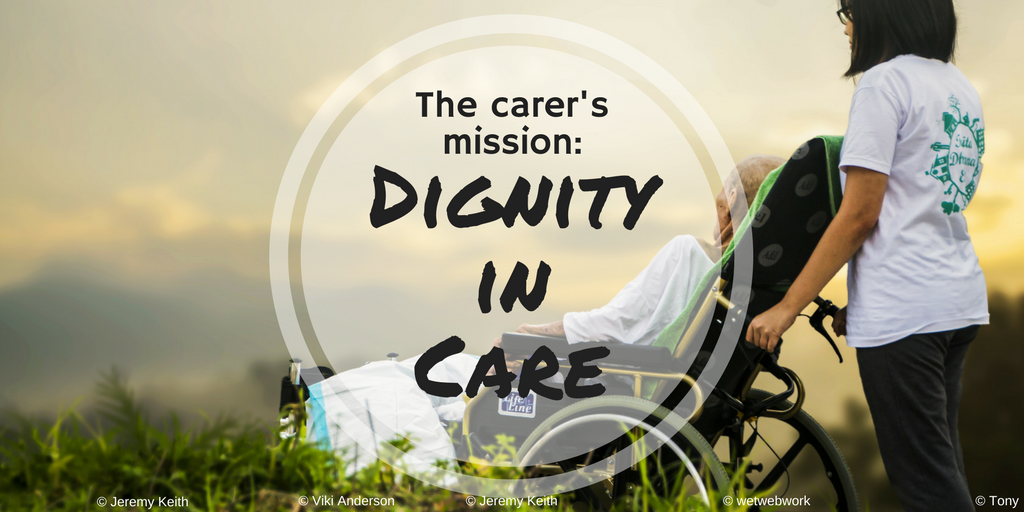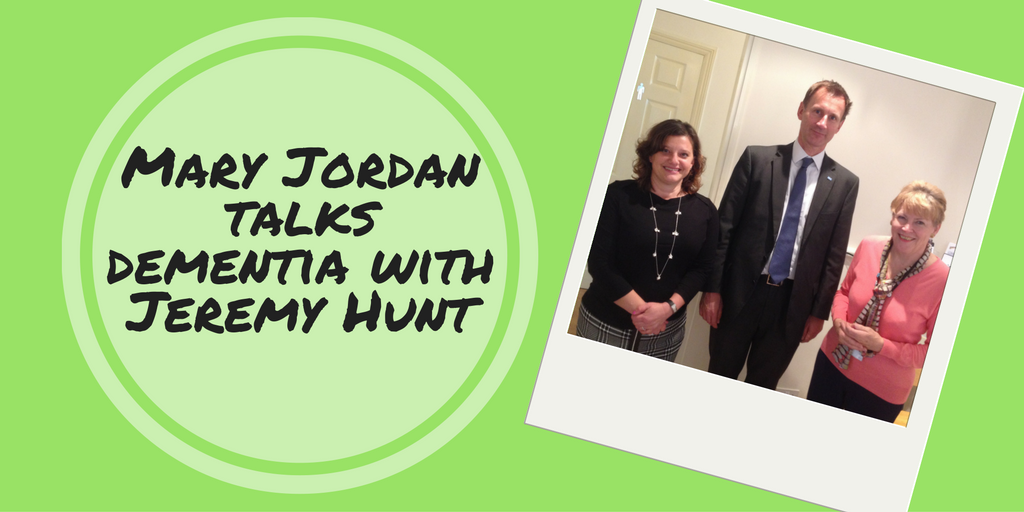
My mission to promote better care begins
Not all care services and nursing homes have a training budget or, if they do, it may be very limited. In an attempt to raise standards in older people’s services I offered some free training on ‘Dignity in Care’ and ‘Care Quality Commission Essential Standards on Quality and Safety requirements’. Both courses were snapped up quickly by some services. I wish I could have offered more.
Every morning waking up was as painful as the previous mornings had been, especially when I searched my brain to see what I was doing that day. I cried. I felt raw, still suffering after the loss of Mum and Aunty Ann.
That day I was delivering a training session on Dignity in Care to staff who supported older people. I had a large group of 20. Usually I teach up to 14, but I guessed that as it was a free course, the manager had put in as many as she could.
The staff came from a variety of cultures and were very knowledgeable. They shared their knowledge on which cultures liked different foods and liked to be washed/bathed differently and those who needed support to have prayer time.
I was pleasantly surprised when two staff members shared their stories on how and why they had had to report staff who had abused some individuals they were supposed to be supporting. They kept the details confidential and did not give any names of the individuals who had been abused or staff involved, but it was clear that some staff had been suspended on full pay whilst investigations had taken place.
I had the utmost respect for these two people for reporting their concerns. It couldn’t have been easy with the individuals concerned being part of their team, but they had done it for the welfare of the people they were looking after. These two staff members wanted and needed to talk about it and I gave them the opportunity in the break times to do this on a one-to-one basis with me. Before they started talking I told them that I was bound by confidentiality but also duty of care and would have to report anything I had concerns about. Confidentiality has to be breached if a vulnerable person is at risk of abuse or harm.
Back in the training session, the staff members were very much aware of their ‘duty of care’. They understood that all professionals have a duty of care to the people they support and that they needed to ensure that the individuals they supported did not suffer any unreasonable harm or loss. Some, however, found the issue of choice difficult to work with and understand. Many people, whether they have a learning disability, or are older, or have dementia, may need support to make informed choices, and this includes informed choices about risks. People receiving care must be supported and, with the aid of a risk assessment, enabled to fulfil their dreams, needs and wishes.
On my ‘Dignity in Care’ course I wouldn’t usually cover manual handling and hoisting, but since my late mother’s ‘accident’ with the hoist, I had been asking questions about hoisting at every opportunity I got. I asked about the law, the Health and Safety Act 1974 and, in particular, the Manual Handling Operations Regulations 1992. These are regulations that staff need to adhere to. Each individual requiring manual handling should be risk assessed and it will be stated on the risk assessment and in the individual’s care plan how s/he is to be moved, what equipment should be used and how many staff should be involved in the manoeuvre.
All was going well until I asked this question: ‘Do you always use two staff if it says two staff?’ Many said ‘Yes’, but one staff member said, ‘No, not always.’
I could feel anger brewing up inside and I wasn’t sure if it was because of her biased attitude or because of what had happened to Mum. (Probably both!) I pointed out the dangers, but she responded, ‘I’ve done it loads of times and no one’s been hurt.’ I finished this subject by reiterating what they should do and informed the Manager during the tea break that this member of staff needed to understand what was meant by safe practice and why it mattered.
This blog is taken from Suzan Collins’ moving personal story of fighting for justice in elderly care, Beyond My Control.
If this story has affected you or you want to share your stories of dignity in care tweet us and join the #carersweek conversation.



